By Lin Zhuowei
(ECNS)— “So I think that the initiative that China has taken in terms of building that infrastructure, and it takes a while, will be a game changer in terms of assisting to bridge the gap between the two continents (Asia and Africa),” Dr. Farhana Paruk, head of Client Engagement at Gordan Institute of Business Science (GIBS) at the University of Pretoria and a former fellow at the Weatherhead Center for International Affairs at Harvard University, spoke positively on the outlook of the Belt and Road Initiative in South Africa and the wider African continent during an exclusive interview recently with China News Network.
Linking Asian and African countries,
Green Silk Road shows great potential
“You know, when you link and you bring in infrastructure, what happens?” asked Paruk, “we can go back to the historical Silk Road and see how that brought countries and communities together.”
Paruk believes that infrastructure paves the way for economic development by creating job opportunities and increasing connectivity.
Citing the historical Silk Road as an instance of how greater connectivity can facilitate trade, people-to-people and cultural exchanges, she said that the initiative is recreating the glories of the predecessor by linking Asian and African countries within the BRI.
“I think that what we saw at the BRICS and the BRICS plus, there was a lot of emphasis on BRI, and I think this is where the opportunities are there.”
She said that in Africa, most of the projects substantialized under the BRI are in the north of South Africa, with the Mombasa–Nairobi Standard Gauge Railway in Kenya serving as an outstanding example. She expects more projects to be implemented in South Africa, especially in the sector of green energy.
Paruk emphasized that the African continent, blessed with an abundance of sun throughout the year, boasts favorable conditions for developing solar energy. In the context of the increasingly volatile global climate and rising demands for sustainable, high-quality development, the multilateral mechanism offers excellent potential for closer coordination between Asian and African countries on green energy and relevant technologies.
A story of admiration,
A country of the future
Paruk, who studied China for more than two decades, confessed her love humorously when sharing her story with China, “I always say my first love is China, and then my husband comes second.”
Paruk expressed her admiration for the profound history and cultural diversity in China. Despite having visited the country nearly 30 times and having seen a fair share of China, she said that she continued to find herself captivated by new discoveries on each visit, and acclaimed that the hospitality and the humility of the Chinese people are no less impressive.
“China represents the future to me,” said Paruk. In her opinion, the country has not only pulled off a miraculous chapter of tremendous economic growth in a short span of several decades, but also demonstrated resilience and a strong community sense when faced with difficulties.
She recalled her visit to the Red Flag Canal in Henan Province, China. She learned that the canal was built by the community together when there was massive poverty and the people were severely lacking in access to water. And the canal still works today.

Dr. Farhana Paruk at an exhibition hall of the Red Flag Canal project. (Photo provided to China News Network by the interviewee)
She believes that the resilience and unity of the Chinese people will help them overcome whatever challenges come in their way during the construction of BRI projects.
Inclusive and sharing,
Real bond endures
Paruk stated that Chinese people’s sense of community resonates well with the philosophy of “ubuntu” in South Africa, both of which advocate the interdependency and peaceful coexistence of people in the same community. And what the BRI offers is a global development solution based on inclusivity and sharing in a similar vein, she suggested.
She notes that in more than two decades of diplomatic ties between China and South Africa, the two countries have maintained a close, continuous friendship with each other, which she believes is truly special and invaluable. During South Africa’s energy strain, the technological assistance that China has offered to alleviate the crisis proves that the two countries have established a real, enduring bond.
She said she sincerely hopes for more cooperation between the two countries in the energy sector and a brighter future for the BRI with more fruitful results.









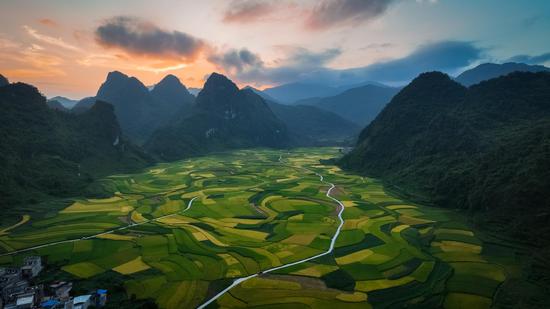

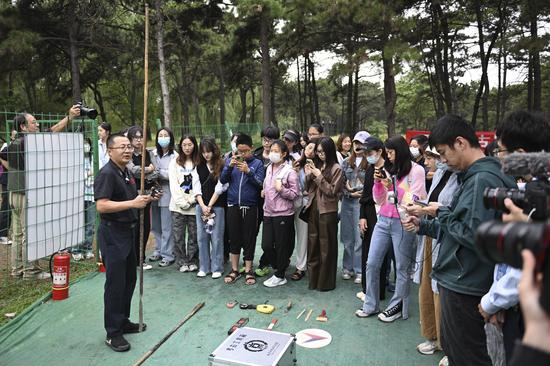
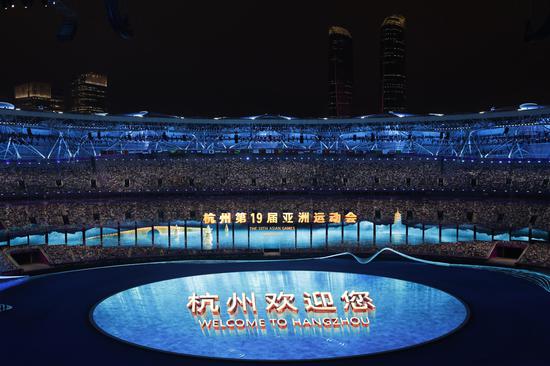



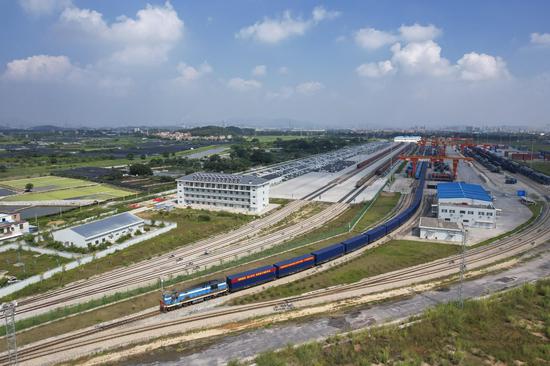
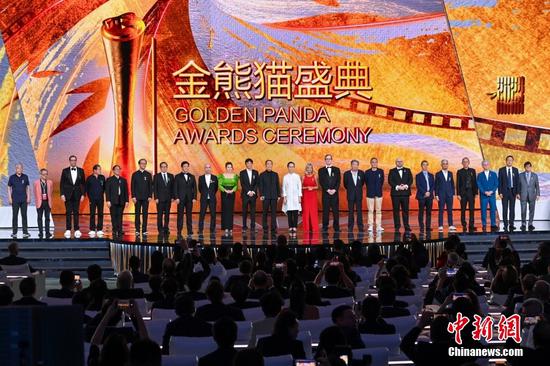



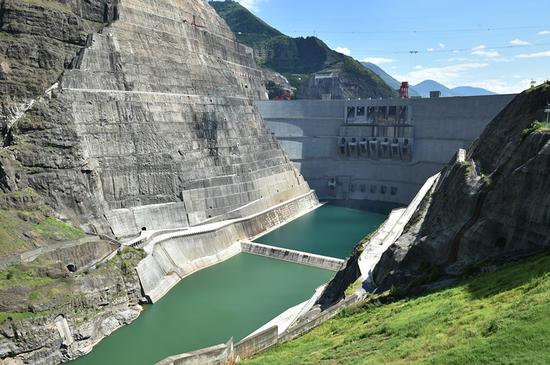

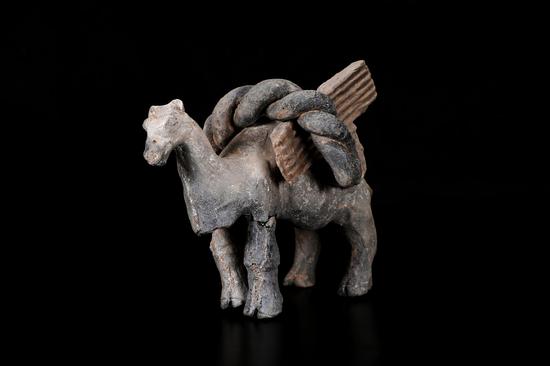




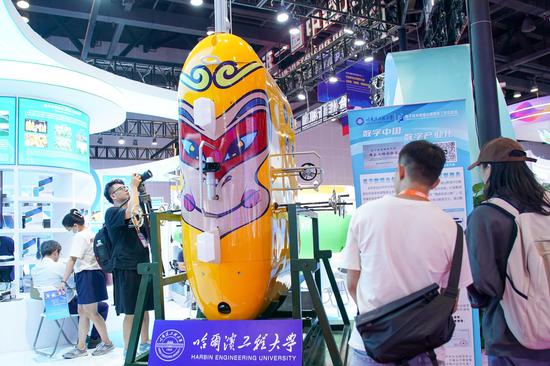

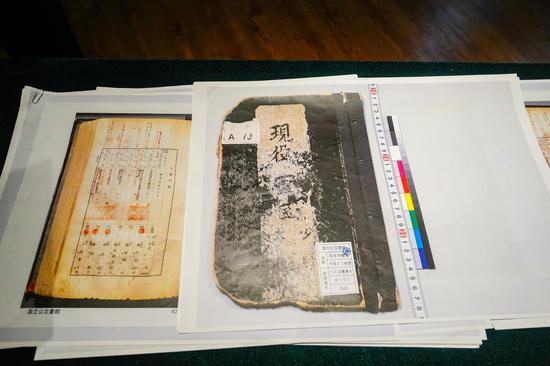

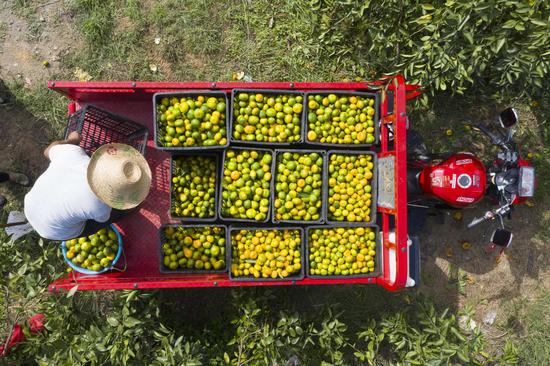
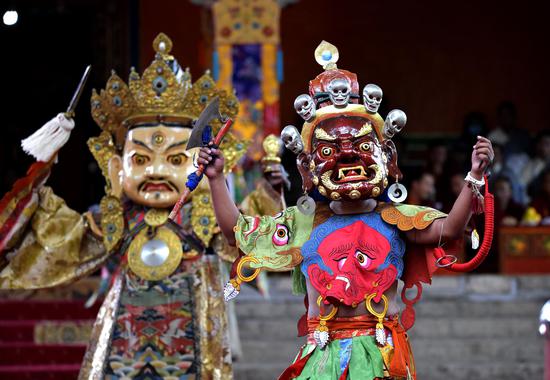
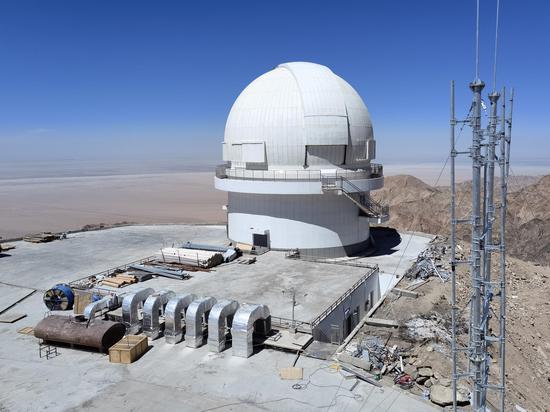

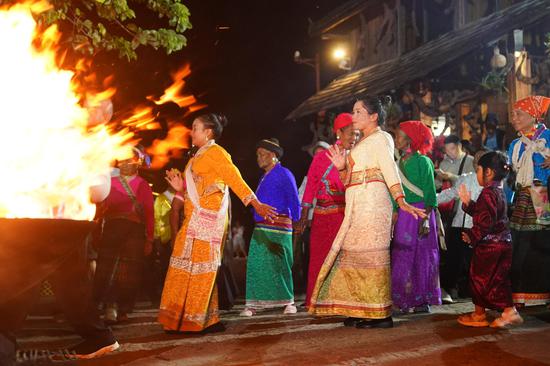
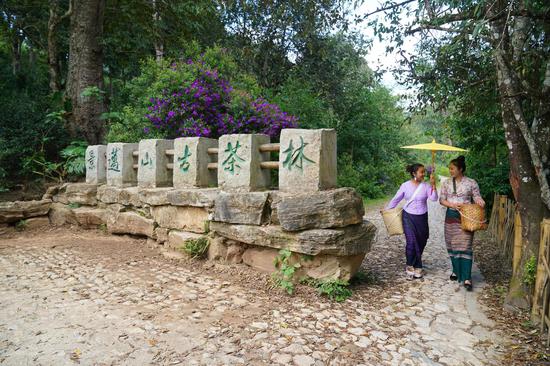
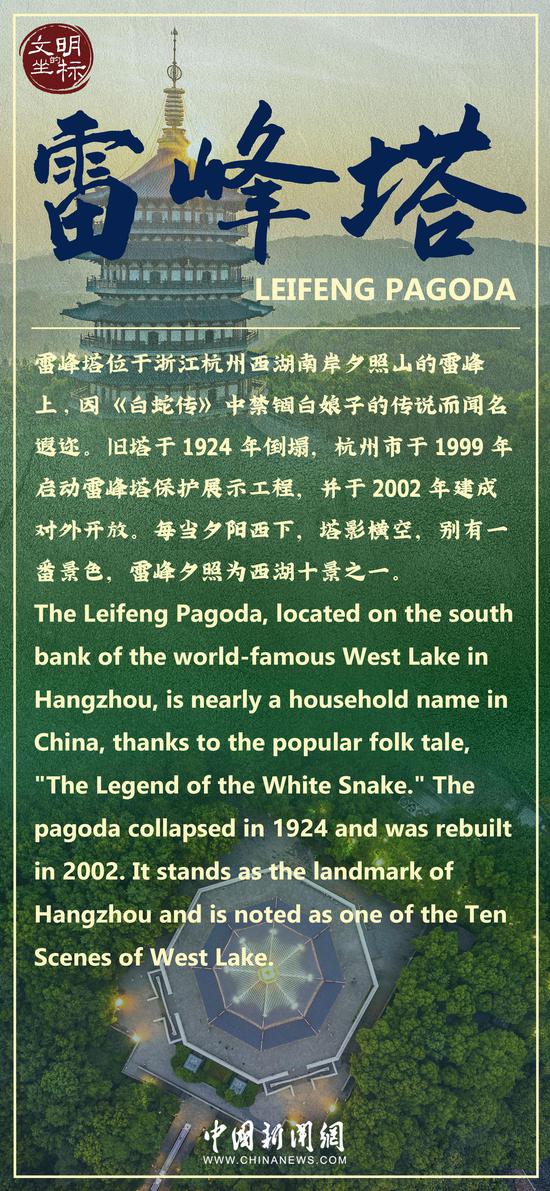

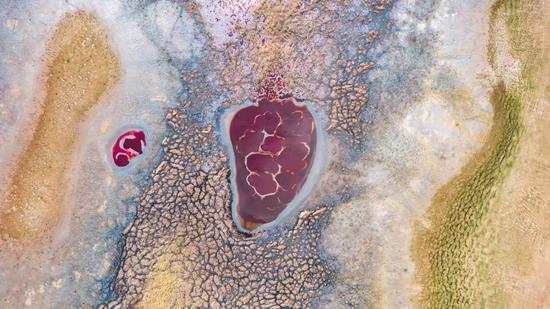

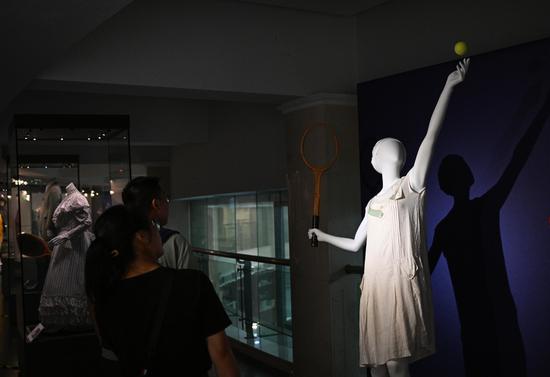
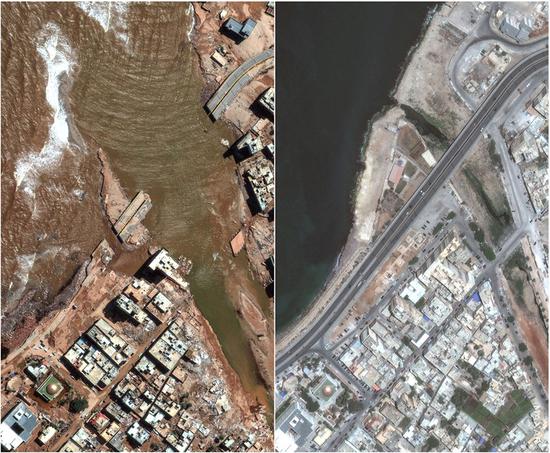
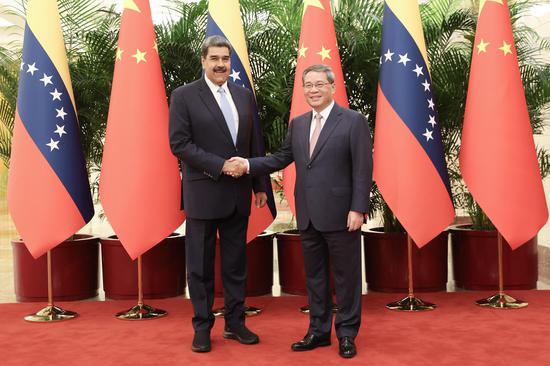





 京公网安备 11010202009201号
京公网安备 11010202009201号